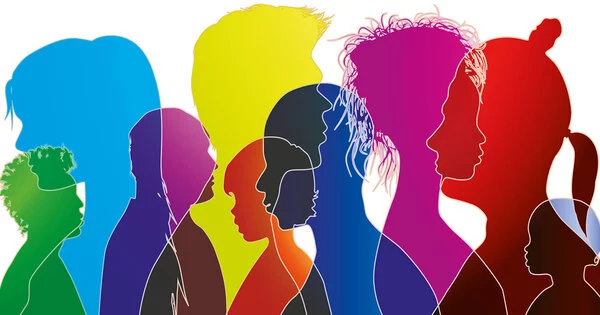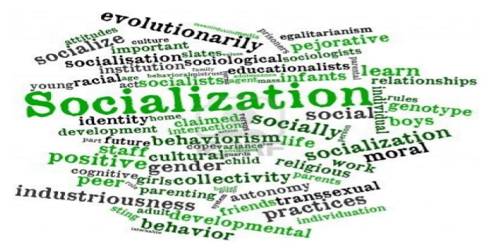Cultural sensitivity, also known as cross-cultural sensitivity or cultural awareness, is the understanding, acceptance, and knowledge of various cultures and cultural identities. It refers to the ability to recognize, comprehend, and accept the beliefs, values, cultures, practices, and viewpoints of people from various cultural origins. It is connected to cultural competence (the abilities required for efficient communication with persons from other cultures, including cross-cultural competence) and is often viewed as a prerequisite for attaining cultural competence, but is a more commonly used word.
Individual cultural sensitivity is a state of mind towards relationships with others who are different from oneself. Cultural sensitivity allows tourists, laborers, and others to successfully engage with people from cultures other than their own. It entails being conscious of cultural variety in our increasingly globalized society and being open to learning about and interacting with individuals from various cultures. It takes into account demographic criteria like as ethnicity, gender, and age, as well as values and cultural standards.
Here are some key aspects of cultural sensitivity:
- Respect for Differences: It entails recognizing and accepting the distinctions that exist between persons from different cultural origins. Language, religion, customs, traditions, and social standards are all examples of cultural variations.
- Avoiding Stereotypes: It is critical to avoid forming assumptions or relying on preconceptions about individuals or groups based on their cultural background. Stereotypes can cause misunderstandings and reinforce biases.
- Effective Communication: It necessitates effective communication skills, such as active listening, clarifying questions, and utilizing culturally appropriate language and gestures.
- Empathy and Open-Mindedness: Being open-minded and empathetic toward people with different cultural backgrounds allows for a deeper understanding of their experiences, challenges, and perspectives.
- Self-awareness: Self-awareness is a critical component of cultural sensitivity. It involves recognizing your own cultural biases and prejudices and working to overcome them.
- Cultural Humility: Cultural humility involves recognizing that you may not fully understand or appreciate the depth of another culture’s values and practices. It is a commitment to lifelong learning and self-reflection.
- Cultural Competence: Developing cultural competency entails acquiring the knowledge and skills needed to connect effectively with people from other backgrounds. This is especially true in professional environments like healthcare, education, and business.
Cultural awareness is essential in many areas of life, including education, healthcare, business, and social relationships. It builds beneficial cross-cultural connections while encouraging tolerance and reducing intolerance. It’s critical for creating a more inclusive and equitable society, especially in a world where people of different cultures frequently contact and collaborate.
















